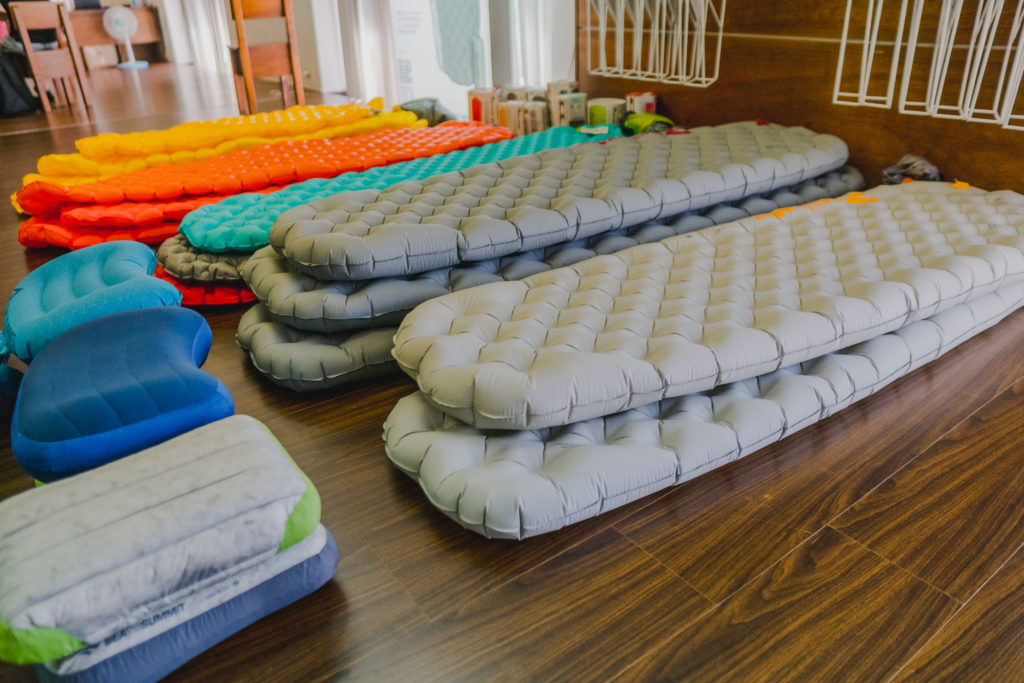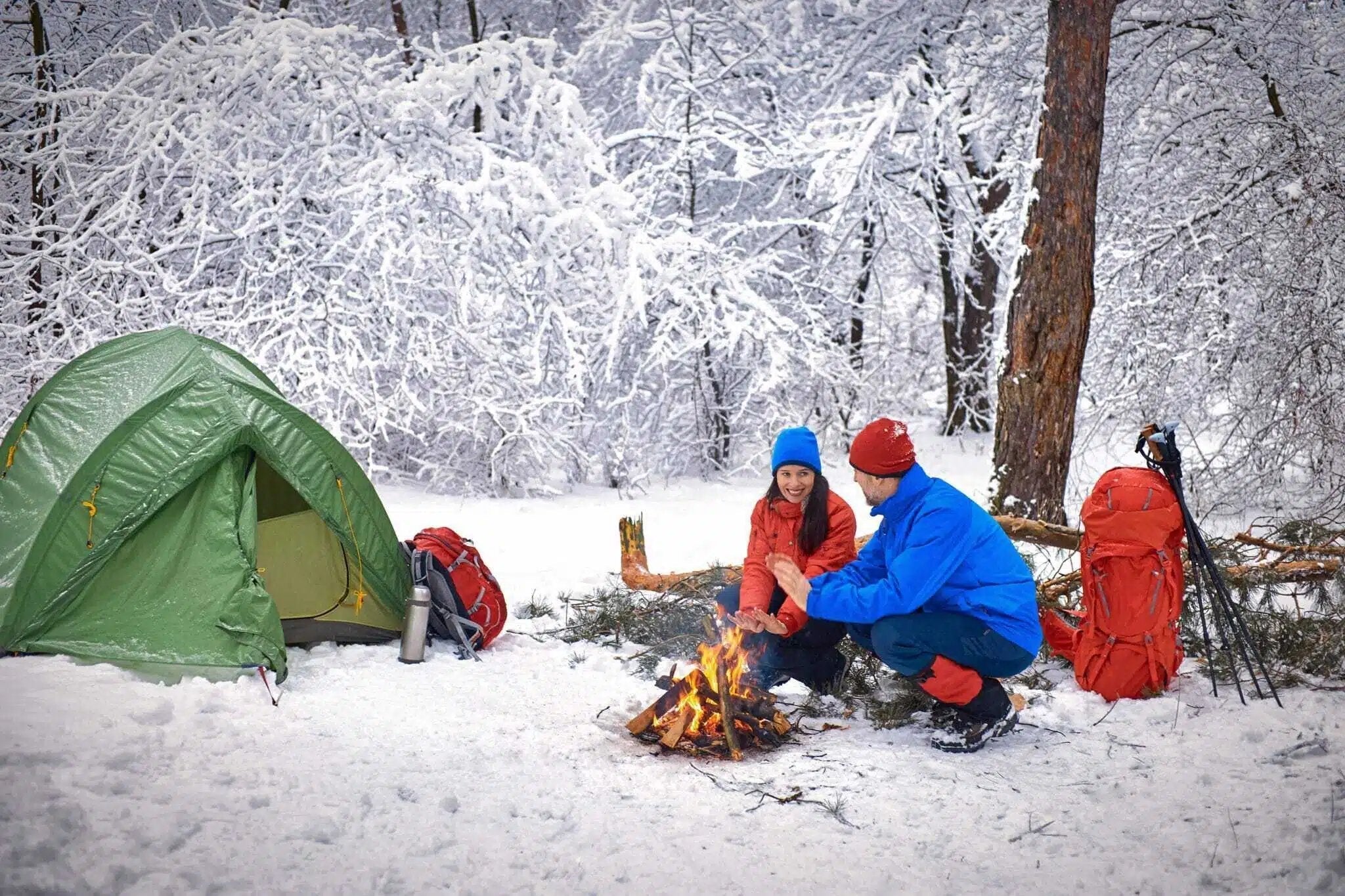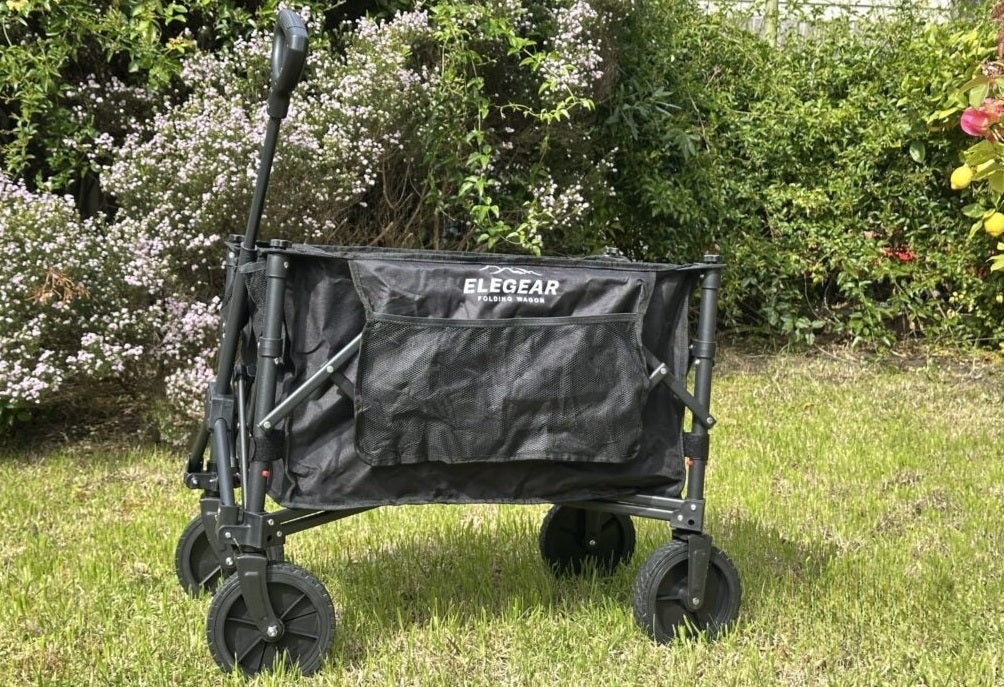Stay warm in cold weather with the right gear. Here’s how to choose a sleeping pad that blocks cold ground and boosts comfort.
Key Features for Cold-Weather Sleeping Pads
1. R-Value: Your Warmth Shield 
Aim for R≥4 (Eg. Elegear sleeping pad R=9.5).
Pro Tip: Pair with a closed-cell foam pad for extreme cold.
2. Material Battle: Foam vs. Inflatable

| Foam Pads | Inflatable Pads |
|---|---|
| ✅ Cheaper, no leaks | ✅ Compact, cushioned |
| ❌ Bulky (hard to pack) | ❌ Risk punctures |
- Foam Pads: These are typically less expensive, durable, and do not require inflation. However, they can be bulkier and may not provide as much insulation as inflatable options.
- Inflatable Pads: These provide excellent comfort and can pack down small, making them ideal for backpackers. Look for models that use high-quality materials like ripstop nylon for durability and puncture resistance.
3. Thickness = Comfort + Warmth
- Winter Minimum: 3 inches (7.6 cm).
- Side Sleeper Hack: Go for 4”+ to cushion hips.
4. Weight & Packability
- Backpackers: Ultra-light inflatables (<1 lb).
- Car Campers: Thick foam pads.
5. Waterproof & Durable
- Look For: 70D+ ripstop nylon, TPU coating.
- Avoid: Thin polyester (snags easily).

FAQs: Winter Sleeping Pads
Q: Can I use a summer pad in winter?
A: Only if R≥4. Summer pads (R=1-2) risk hypothermia.
Q: How to fix a punctured pad in snow?
A: Carry Tenacious Tape and a mini repair kit.






Leave a comment
This site is protected by hCaptcha and the hCaptcha Privacy Policy and Terms of Service apply.